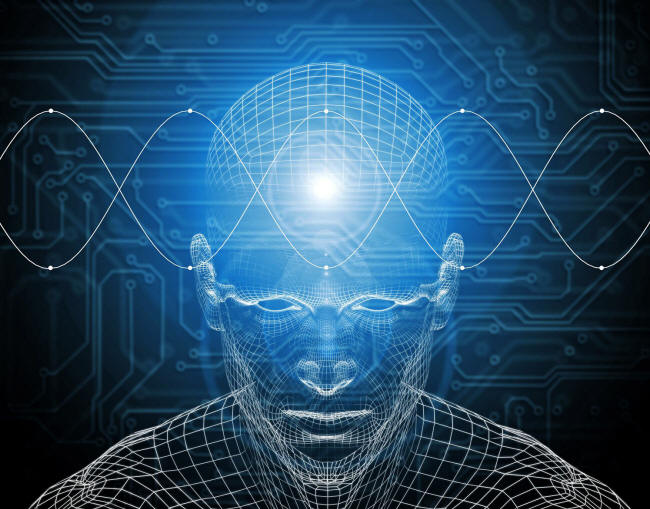|
have used AI for thousands or even millions of years, experts think it may have grown to proportions we can scarcely imagine on Earth...
That's according to some astronomers who say that
an
intelligent civilization anywhere in the cosmos would develop
this tool naturally over the course of their cultural evolution.
According to the Drake Equation, which calculates the probability of an existing, communicating civilization, there are currently an estimated 12,500 such intelligent alien societies in the Milky Way Galaxy alone.
And if there are aliens who think in a way that
we do, and created cultures that developed technology like us, then
they probably invented a form of artificial intelligence, too,
scientists say.
Life in the universe may not only be biological, they say.
It's reasonable to think that artificial intelligence could have replaced much of the organic life in civilizations that have existed for millions of years compared to our own species' relatively short 300,000 years, says Steven Dick, Ph.D., former NASA Chief Historian.
One facet of civilization the Drake Equation doesn't account for is cultural evolution, which is wrapped up in a society's desire to become more intelligent, he says.
Artificial intelligence may be the key to providing accelerated intelligence expansion, he believes.
The worst-case scenario is that,
But
there could very well be cases in which the AI's original creators
eventually decide - perhaps after living with and upgrading their
technology for a long time - that it's natural to merge with it,
Dick says.
Perhaps it would choose to get biological life out of its way, says astrophysicist Michael Garrett, Ph.D., director of the Jodrell Bank Centre for Astrophysics at the University of Manchester and author of a paper about how AI might one day destroy biological life.
Seth Shostak, senior astronomer at the SETI Institute, agrees with the concept of synthetic life becoming increasingly common in the universe.
If even a few civilizations have been post-biological space travelers for a few million years, they could have reached our galaxy, Dick says.
We've barely begun formulating alternative methods to detect post-biological aliens.
Instead of using radio waves, as we do for communication on Earth and for our extraterrestrial search, post-biological aliens could be communicating by manipulating some physical phenomena we still don't truly understand, like gravitational waves or dark matter, Garrett says.
So, humans are now considering using AI to communicate with aliens.
METI, Messages to Extra-Terrestrial Intelligence,
proposes using machine large language models and could be the way we
end up finding our cosmic neighbors.
One of the dozens of explanations for is that perhaps aliens don't want to travel.
Or maybe they are quietly observing us, Dick says.
For now, we're still playing in the kindergarten
sandbox of AI toys, while somewhere out there, hybrid
biological-machine beings might be performing wonders...
|


